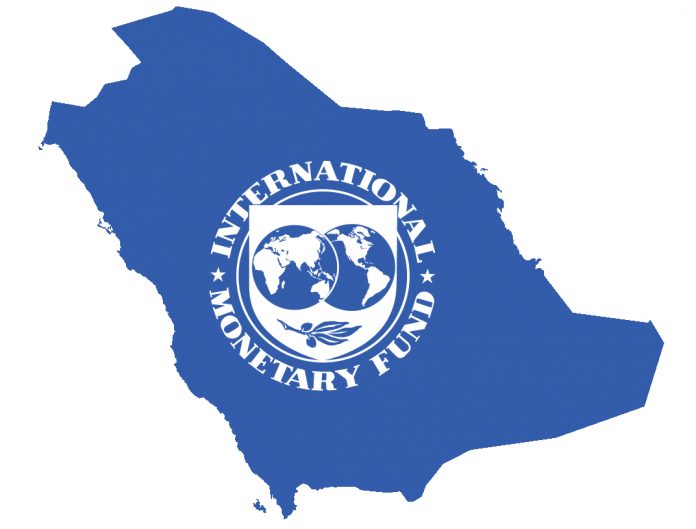The International Monetary Fund (IMF) downgraded its forecast for Saudi Arabia’s GDP growth in 2025, reducing it to 3%, down from an earlier estimate of 3.3%. This revision reflects ongoing challenges for oil-dependent economies, with the IMF also adjusting its growth projection for the broader Middle East and Central Asia region to 3% for this year, down from a previous forecast of 3.6%.
The IMF cites a slower-than-expected recovery in oil production, regional conflicts, and delays in structural reforms as key reasons behind the lowered growth expectations. Saudi Arabia, the world’s leading oil exporter, had been hoping for a strong economic rebound in 2025, with a 4.4% growth forecast in an October Reuters poll. However, weak oil prices, market volatility, and global uncertainties are now putting a damper on this outlook, even as the kingdom works to diversify its economy beyond oil.
Despite these challenges, Gulf oil exporters, including Saudi Arabia, are seen as relatively resilient to oil market fluctuations due to their higher reserves, lower debt, and ongoing economic diversification efforts. In March, S&P upgraded Saudi Arabia’s long-term sovereign credit rating to ‘A+’, citing the country’s solid economic foundations and progress under its Vision 2030 plan. However, the rating agency warned that a drop in oil revenues could lead to increased fiscal deficits and delays in key infrastructure projects.




